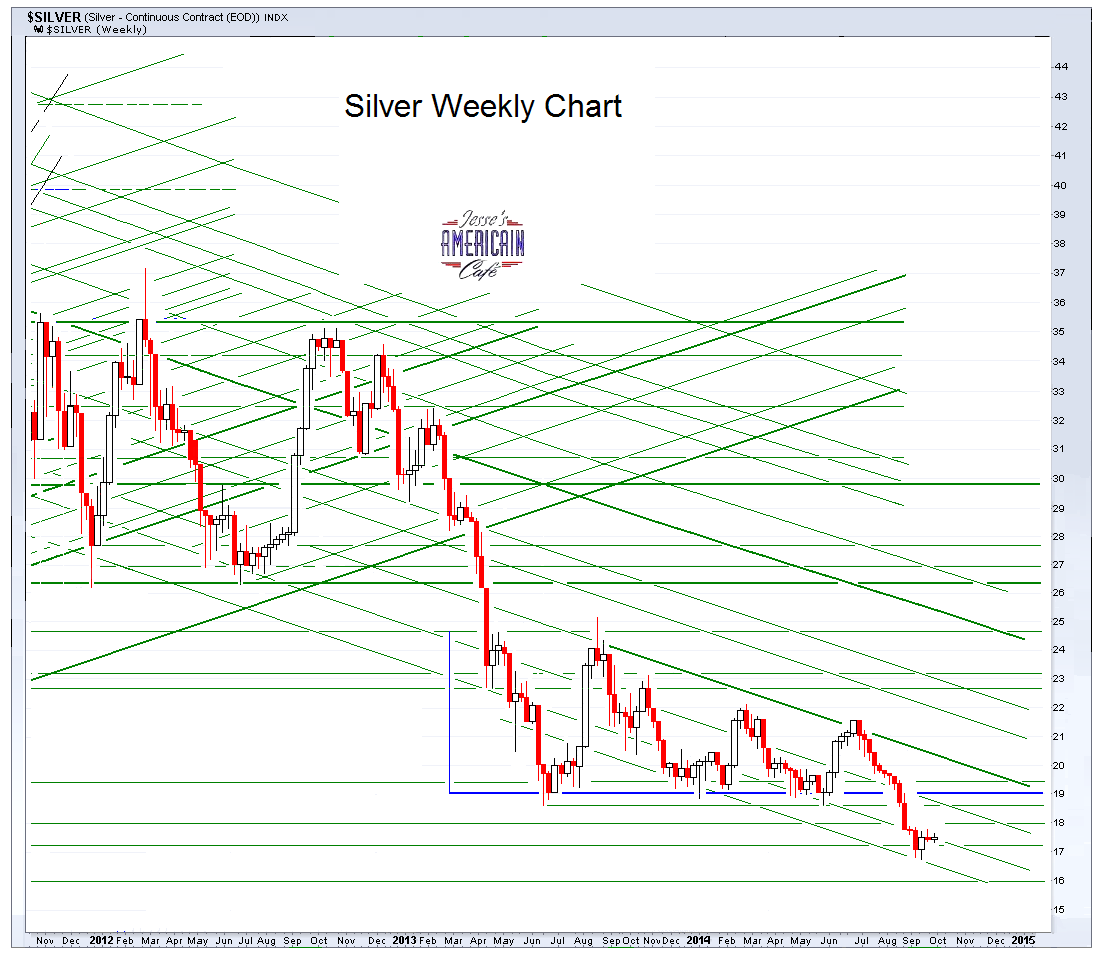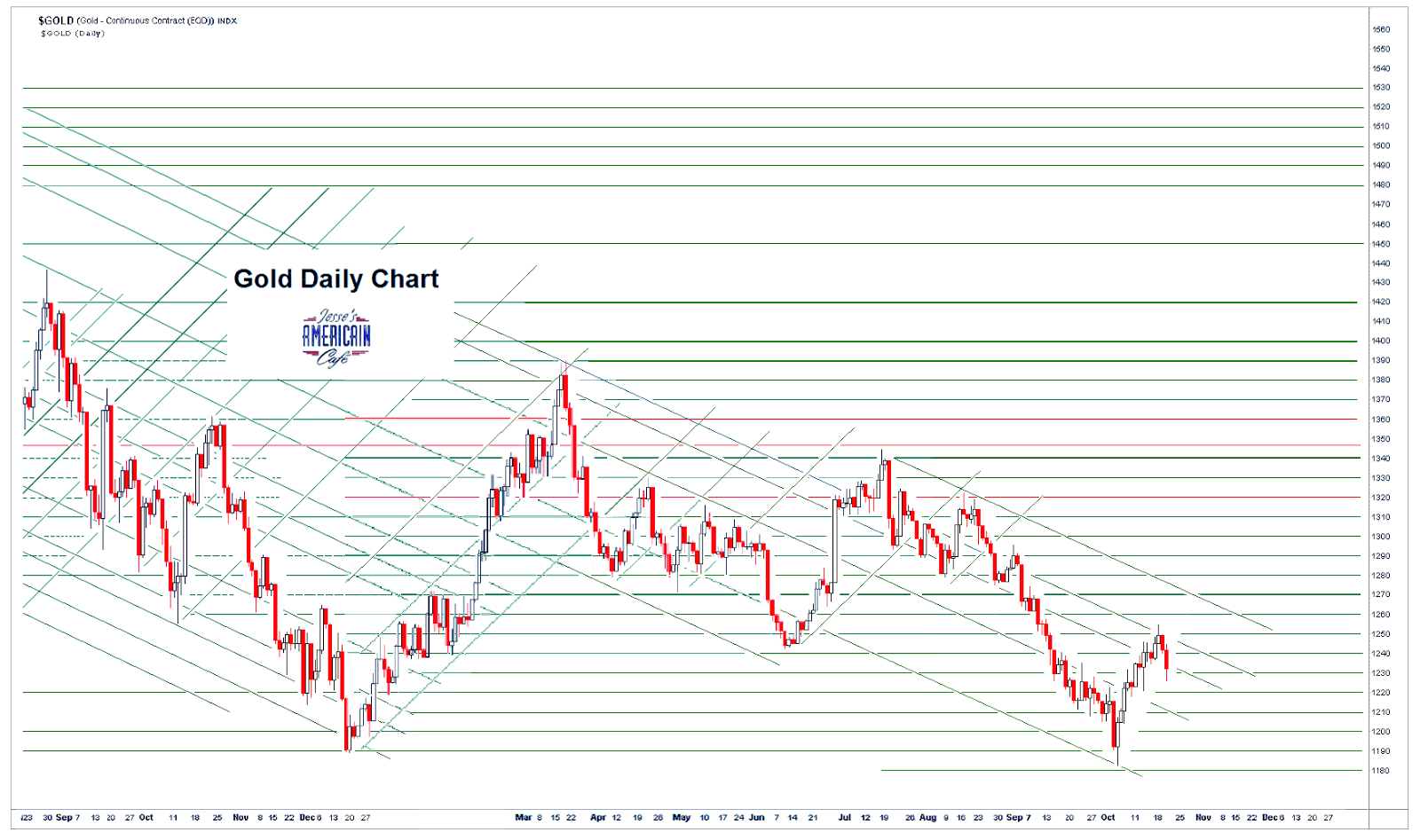"There is a lack of critical assessment of the past. But you have to understand that the current ruling elite is actually the old ruling elite. So they are incapable of a self-critical approach to the past."
Ryszard Kapuscinski
 |
| Mammon in the City of London, 1889 |
Are they incapable, or merely unwilling? That is the
credibility trap, the inability to address the key problems because the ruling elite must risk or even undermine their own undeserved power to do so.
I think this interview below highlights the false dichotomy between communism and free market capitalism that was created in the 1980's largely by Thatcher's and Reagan's handlers. The dichotomy was more properly between communist government and democracy, of the primacy of the individual over the primacy of the organization and the state as embodied in fascism and the real world implementations of communism in Russia and China.
But we never think of it that way any more, if at all. It is one of the greatest public relation coups in history. One form of organizational oppression by the Russian
nomenklatura was replaced by the oppression by the oligarchs and their Corporations, in the name of freedom.
Free market capitalism, under the banner of the efficient markets hypothesis, has taken the place of democratic ideals as the primary good as embodied in the original framing of the Declaration of Independence and the US Constitution.
It is no accident that the individual and their concerns have become subordinated to the corporate welfare and the profits of the upper one percent. We even see this in religion with the
'gospel of prosperity.' In their delusion they make friends of the mammon of unrighteousness, so that after they may be received into their everlasting habitations.
The market as the highest good has stood on the shoulders of the 'greed is good' philosophy promulgated by the pied pipers of the
me generation, and has turned the Western democracies on their heads, as a series of political leaders have capitulated to this false idol of money as the measure of all things, and all virtue.
Policy is now crafted to maximize profits as an end to itself without regard to the overall impact on freedom and the public good. It measures 'costs' in the most narrow and biased of terms, and allocated wealth based on the subversion of good sense to false economy theories.
Greed is a portion of the will to power. And that madness serves none but itself.
This is a brief excerpt. You may read the entire interview
here.
Henry Giroux on the Rise of Neoliberalism
19 October 2014
By Michael Nevradakis, Truthout
"...We're talking about an ideology marked by the selling off of public goods to private interests; the attack on social provisions; the rise of the corporate state organized around privatization, free trade, and deregulation; the celebration of self interests over social needs; the celebration of profit-making as the essence of democracy coupled with the utterly reductionist notion that consumption is the only applicable form of citizenship.
But even more than that, it upholds the notion that the market serves as a model for structuring all social relations: not just the economy, but the governing of all of social life...
That's a key issue. I mean, this is a particular political and economic and social project that not only consolidates class power in the hands of the one percent, but operates off the assumption that economics can divorce itself from social costs, that it doesn't have to deal with matters of ethical and social responsibility, that these things get in the way.
And I think the consequences of these policies across the globe have caused massive suffering, misery, and the spread of a massive inequalities in wealth, power, and income. Moreover, increasingly, we are witnessing a number of people who are committing suicide because they have lost their pensions, jobs and dignity.
We see the attack on the welfare state; we see the privatization of public services, the dismantling of the connection between private issues and public problems, the selling off of state functions, deregulations, an unchecked emphasis on self-interest, the refusal to tax the rich, and really the redistribution of wealth from the middle and working classes to the ruling class, the elite class, what the Occupy movement called the one percent. It really has created a very bleak emotional and economic landscape for the 99 percent of the population throughout the world."



















































